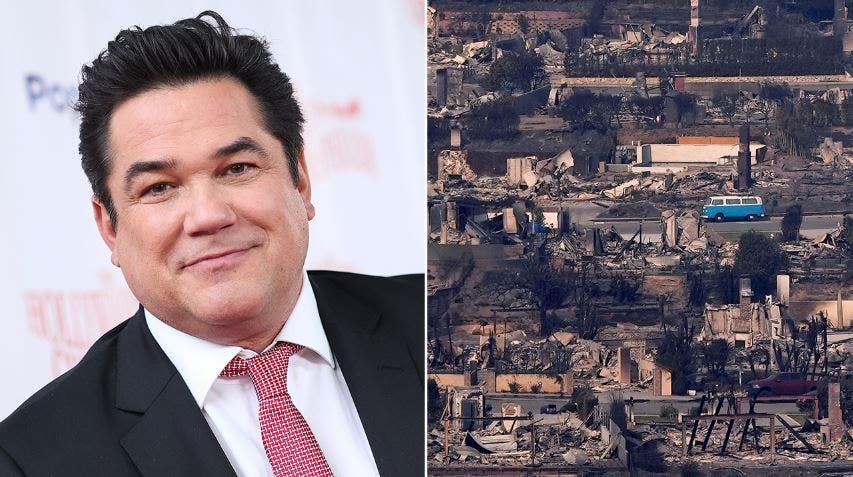A report published by the British newspaper Financial Times stated that current and former Israeli officials confirm that the limited Israeli ground incursion into Gaza – Which Prime Minister Benjamin Netanyahu described as the “second phase” of the war against the movement agitation-Due to a complex set of factors.
The newspaper quoted a source familiar with Israeli combat plans as saying that from a tactical standpoint, the limited size of the attack is due to the need to provide closer air support to ground forces that will enter areas in northern Gaza where Hamas has spent years building defenses.
Amir Avivi, who previously served as deputy commander of the Gaza Brigade in the Israeli army, said, “We leave nothing to chance. When our soldiers move, we do so with tremendous firepower and with 50 planes in the sky targeting any moving target.”
Fierce clashes
Israeli officials and others stress that the clashes in Gaza will be fierce, as Hamas has conducted combat training in urban areas and created a vast network of tunnels known as the “Gaza Metro” used to transport fighters and weapons without detection. It also has an arsenal of anti-tank weapons and explosives. Innovative.
Recently, Israeli military forces were involved in a confrontation with Hamas members emerging from a tunnel near the Erez border crossing, a vivid example of the type of battles that can be expected.
According to Eyal Holata – who until recently was head of the Israeli National Security Council – “Fighting in urban areas is difficult enough, but fighting in the ruins of urban areas is much more difficult. There are many places where the enemy can hide and launch surprise attacks.”
He added, “When Israeli forces are in a fixed position, they become more vulnerable to danger. For this reason, we see them moving slowly but carefully, and being extremely careful when securing the areas they enter.”
Multiple factors
Israeli officials stress that the gradual buildup of forces aims to reduce the chances of Lebanese Hezbollah joining the conflict.
In addition, the Financial Times quotes a military expert as saying that maintaining the limited number of forces sent to Gaza also means that the forces can be quickly and easily redirected towards the north if Hezbollah becomes involved in the war.
Yaakov Amidron, a distinguished fellow at the Jewish National Security Institute in the United States and former national security advisor, confirmed to the newspaper that the limited ground attack also reflects Netanyahu’s commitment to weakening Hamas and expelling it from Gaza.
He added, “We are facing a strategic goal that cannot be achieved in the short term. I expect the operation to take from 6 months to a year. We are witnessing here a state of tactical caution and accurate assessment of the situation. Why do we risk losing more soldiers if it is not necessary? All of this in light of the Realizing that the goal is big and requires time to achieve it.
A Western diplomat told the newspaper, “It seems that they aim more to undermine Hamas’ military capabilities and target its leaders, and not necessarily eliminate it completely, but the truth is that they have not yet clearly defined their ultimate goal.”
Warnings
In turn, former Israeli Prime Minister Ehud Olmert expressed his belief that Israel may not have enough time as the War Council thinks to achieve its goals, especially in light of the shocking images of devastation in Gaza that are spreading globally, where more than 8,000 people were killed and thousands were wounded and missing.
The United Nations also warned that Israel’s decision to significantly reduce supplies of electricity, fuel, water and basic materials to Gaza could lead to a humanitarian catastrophe.
Amos Harel, a military journalist and author of a book on the Israeli-Palestinian conflict, stated that the Israeli forces advanced to a distance of between 3 and 4 kilometers inside the Gaza Strip, but they have not yet begun to engage in urban combat, as the strategy appears to depend on exerting pressure and forcing Hamas fighters to go out to attack them.
The British newspaper explained that some warned against misinterpreting Hamas’ calm reaction at this stage, especially after events earlier this October showed that Israel’s assessments of Hamas’ capabilities and intentions may be significantly wrong.




